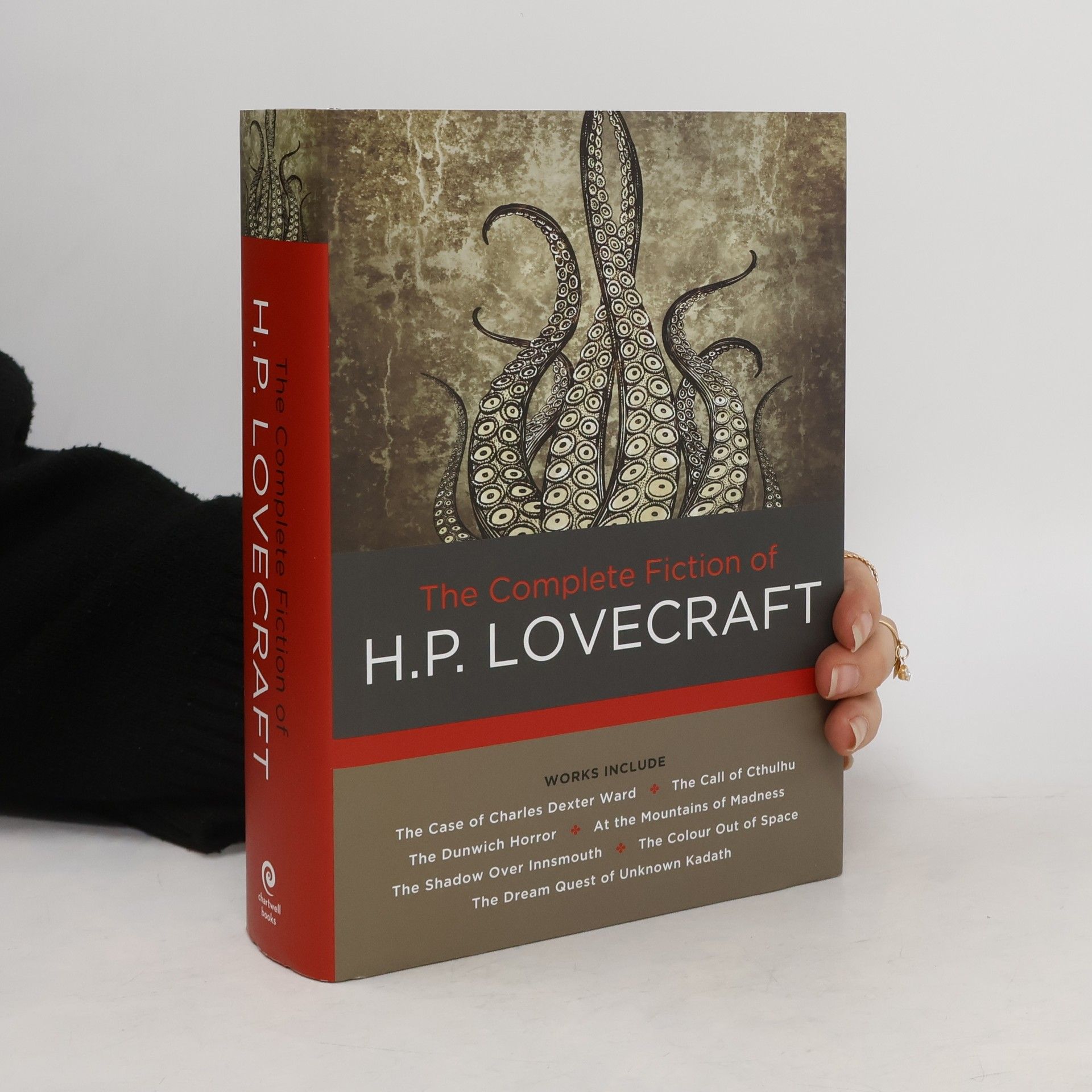This full collection of tales by the master of eldritch, H. P. Lovecraft himself, will take you through monsters, cosmic horrors, and ancient evil.
Finn J. D. John Libros


This full collection of tales by the master of eldritch, H. P. Lovecraft himself, will take you through monsters, cosmic horrors, and ancient evil.